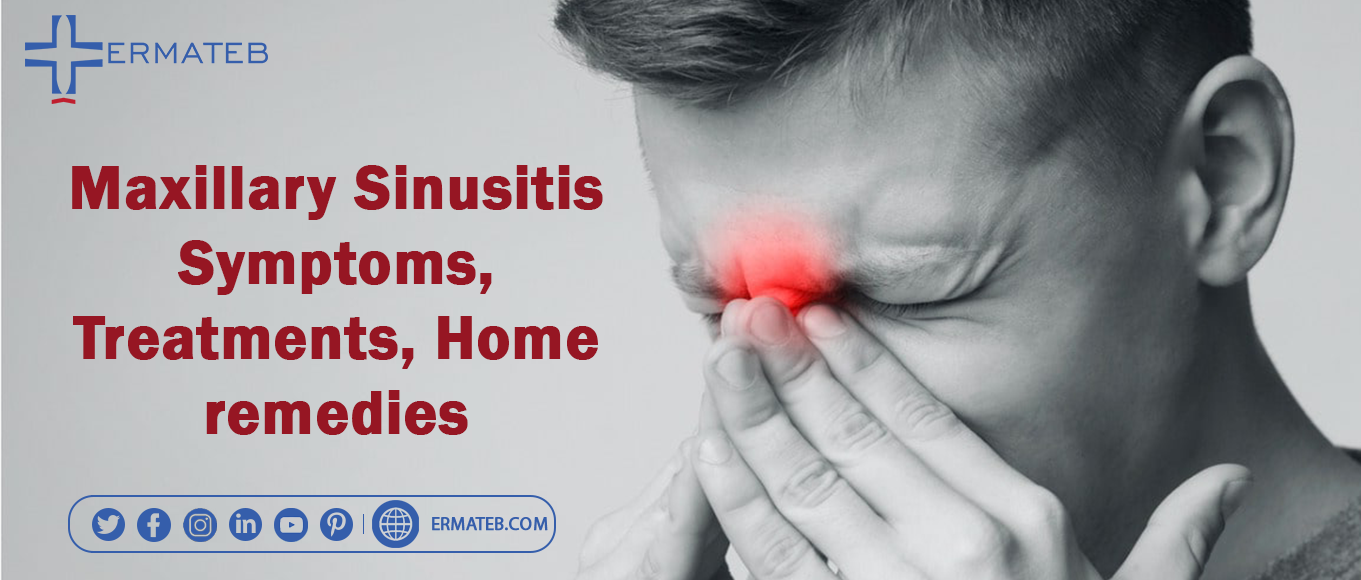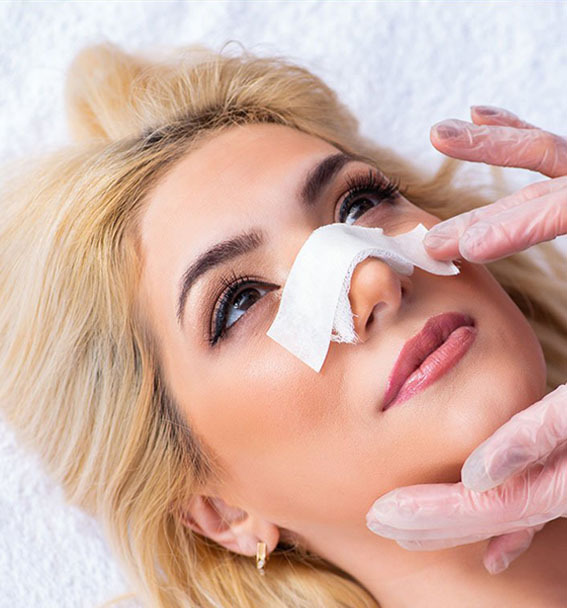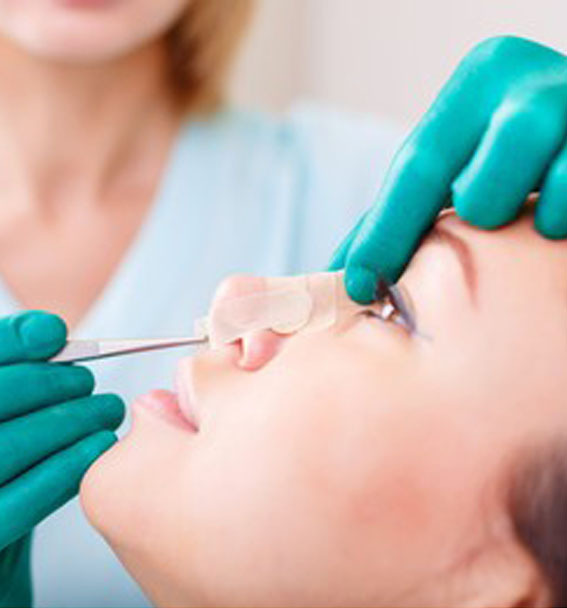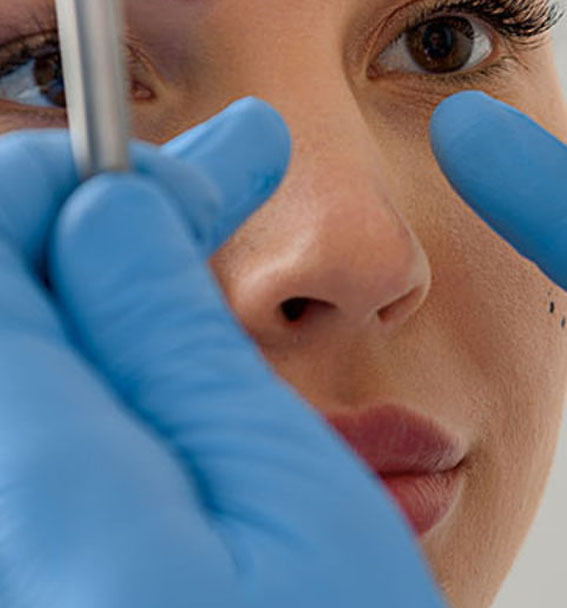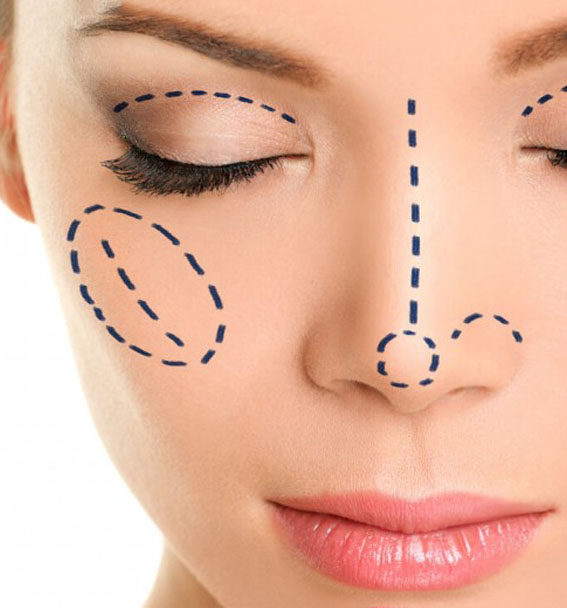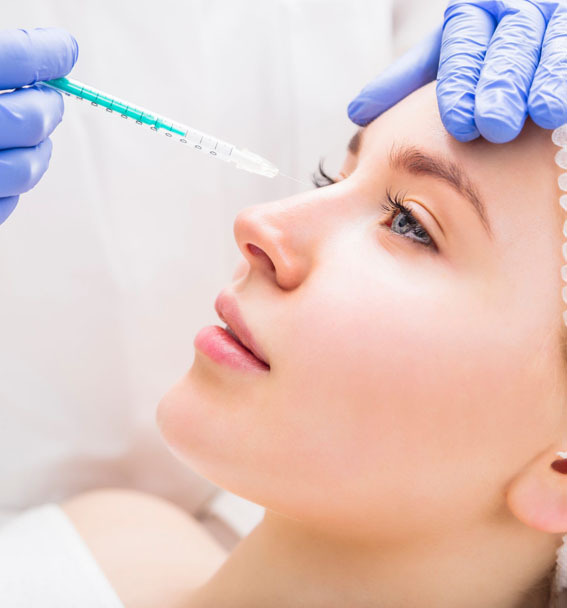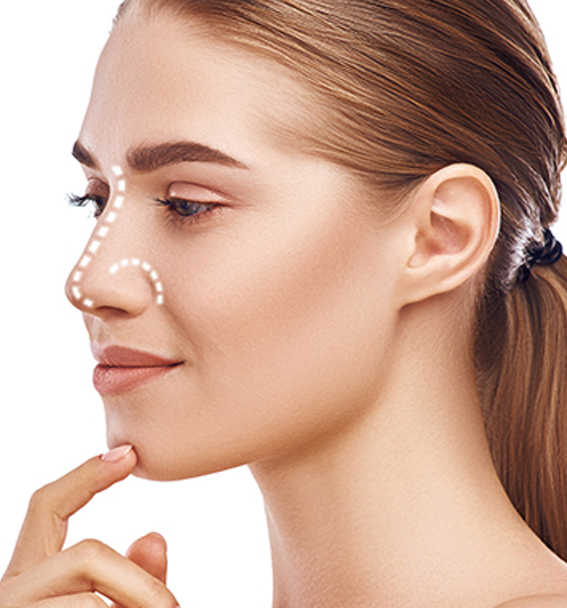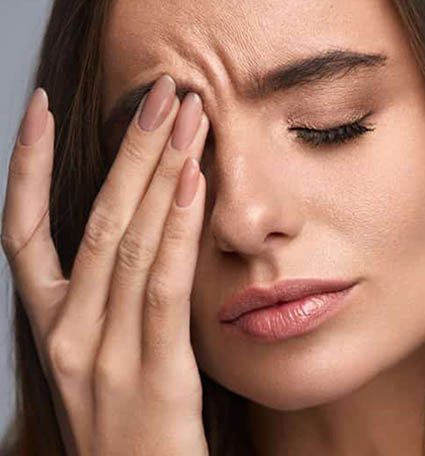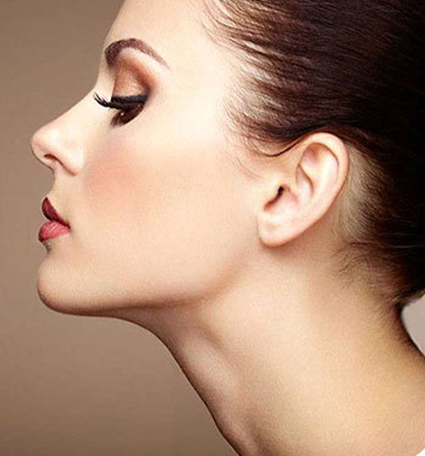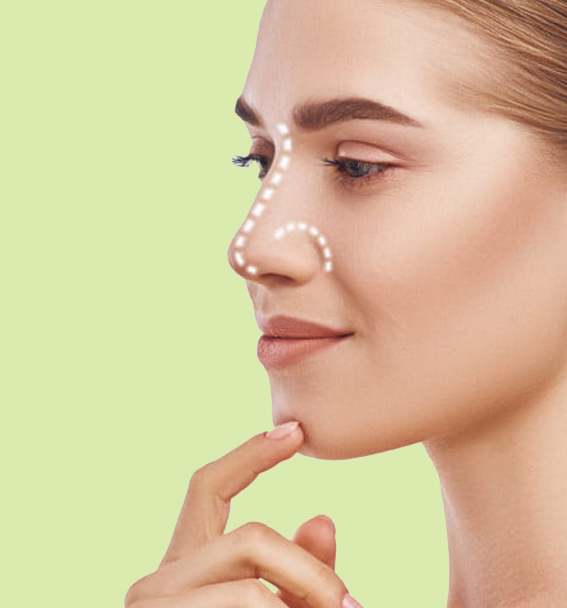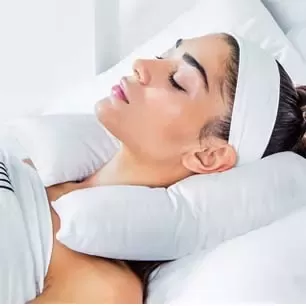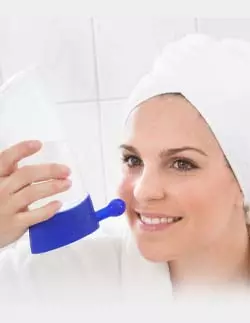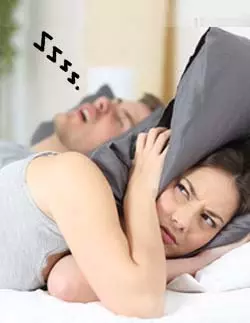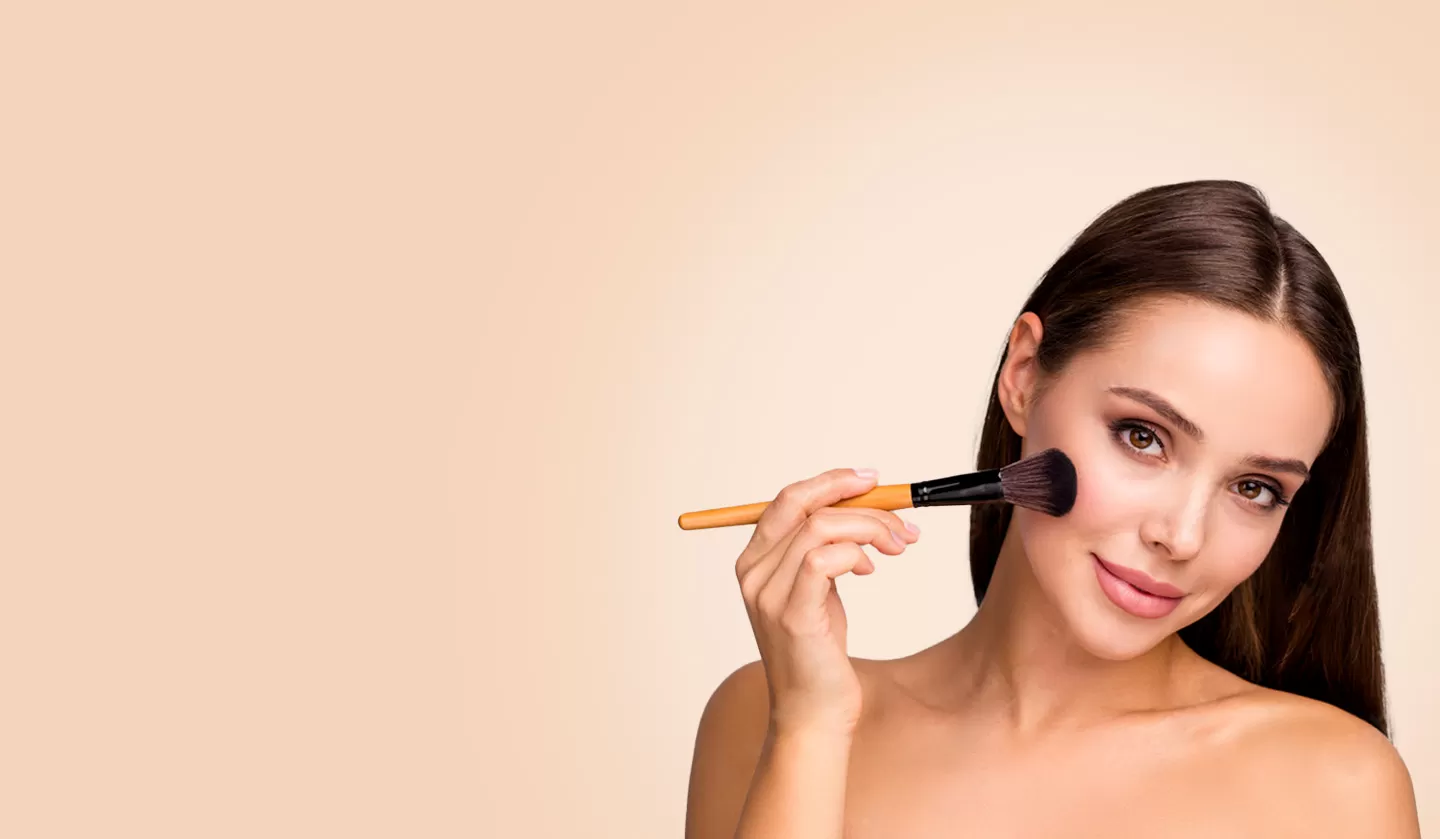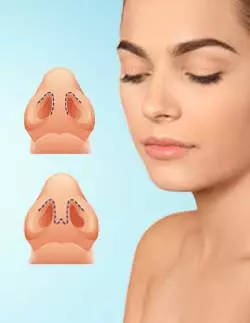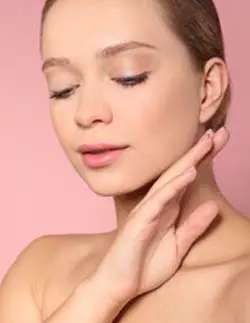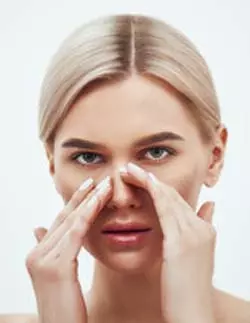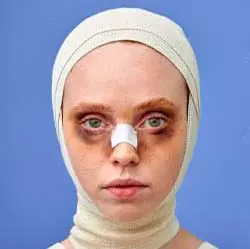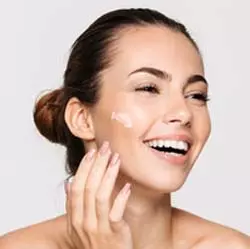What do you want to know about Maxillary Sinusitis? Find here.
- What is maxillary sinusitis?
- What are the risk factors of sinusitis?
- How can your doctor diagnose sinusitis?
- What are the home remedies for sinusitis?
- What are the treatments for sinusitis?
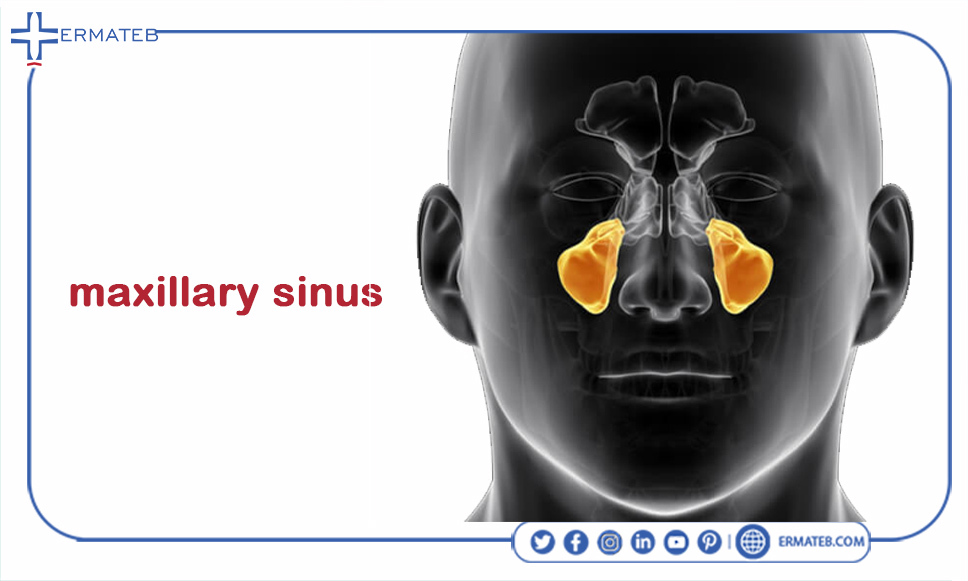
What is Maxillary Sinusitis?
Sinuses are empty spaces that are filled with air and located inside of facial bones. These hollow spaces are connected with channels. Sinuses are covered with special tissues (mucous lining) that are similar to the nose cavity. This moist lining traps dust and dirt from entering the nasal cavity. When we say maxillary sinusitis it is about inflammation of maxillary paranasal sinuses and can be caused by a virus, bacteria, or even fungus. This inflammation can happen after an allergic reaction (the time that the immune system attacks the healthy body cells).
In summary, we can say there are different types of Sinusitis like acute, chronic, and subacute. Each of these types has its specific symptoms and duration which can help true diagnosis.
Symptoms of maxillary sinusitis
The symptoms of sinusitis are different from a simple cold and having a cough. There are some common symptoms. The pain is localized to the blocked sinus. Other symptoms generally include:
-
-
- Headache
- Facial pain
- The discharged ability of smelling
- Nasal congestion
- Facial pressure
- Bad breath
- Fatigue
- Cough
Risks of getting maxillary sinusitis The main risk factors include:
• Infection.
• Decreased sense of smell.
• Mucocele.
• Infection of the surrounding structures.
• Infections due to mucous obstruction.
• Osteomyelitis.
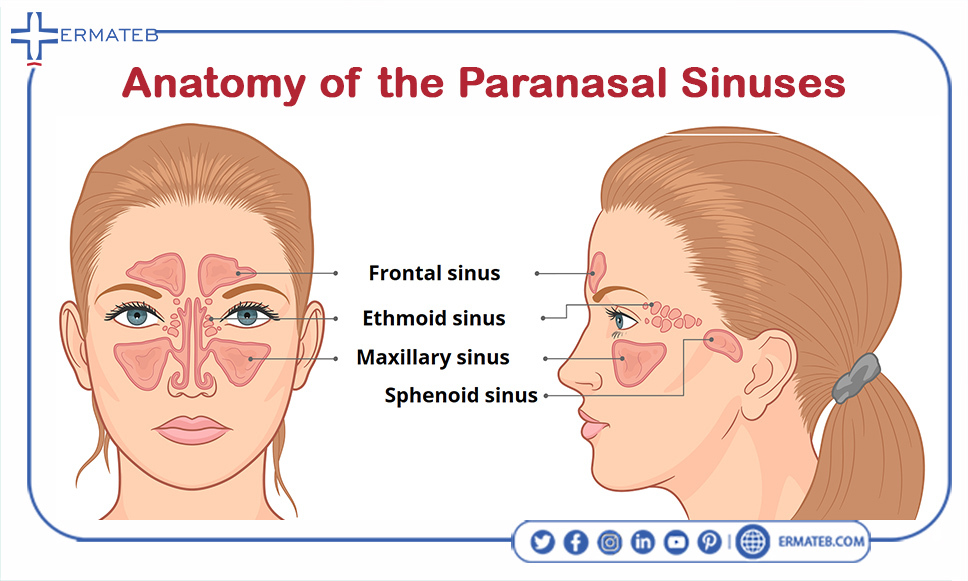
Diagnosis of sinusitis
The first step for a good diagnosis is asking about your symptoms and taking a complete medical history. Sometimes the diagnosis is based on physical examinations. There are specific methods that may help the diagnosis include:
-
- Nasal endoscopy. The endoscope is a thin, flexible tube with a fiber-optic light inserted through the nose and allows the doctor to visually inspect the inside of the patient's sinuses.
- Imaging studies. A CT scan is an imaging method that shows details of the sinuses and nasal area. It's not usually suggested and utilized for uncomplicated acute sinusitis, but imaging studies might help find abnormalities or suspected complications. (some anatomic abnormalities may increase the chance of sinusitis)
- Nasal and sinus samples. Lab tests are not generally necessary for diagnosing acute sinusitis and in these cases diagnosis is based on the symptoms. Although, when the condition fails to respond to primary treatments or is worsening over time, tissue samples (cultures) from the patient's nose or sinuses might help find the cause, such as bacterial or fungal infections.
- Allergy testing. If your doctor suspects that allergies have made you susceptible to acute sinusitis, he or she will ask for an allergy skin test. A skin test is safe and quick and can help pinpoint the allergen that's causing your nasal flare-ups.
Lifestyle and home remedies that may help sinusitis These steps may help you to relieve the sinusitis symptoms:
-
- Rest. This will help the patient's body fight infection and speed up the recovery process.
- Drink plenty of fluids. Continue to drink plenty of fluids. Hydration may help your faster recovery.
- Use a warm compress. A warm compress on your nose and forehead areas which sinuses are located may help you relieve the pressure in your sinuses and decrease your headache.
- Moisten your sinus cavities. Drape a towel over your head as you breathe in the vapor from a bowl of hot water. Keep the vapor directed toward your face. Taking a hot shower, breathing in the warm, moist air are perfect methods for better recovery. This will help ease pain and help mucus drain.
- Rinse your nasal passages. Use a specially designed squeeze bottle (Sinus Rinse, others) or neti pot. This home remedy, called nasal lavage, can help clear your sinuses and remove suitable areas for infections.
Important questions you may ask your doctor include:
-
-
-
- What's likely causing my symptoms?
- What are other possible causes for my symptoms?
- What tests do I need?
- Is my condition likely temporary or chronic?
- What's the best course of action?
- What are the alternatives to the primary approach you're suggesting?
- I have other health conditions. How can I best manage them together?
- Are there restrictions I need to follow?
- Should I see a specialist?
- Are there brochures or other printed material I can have? What websites do you recommend?
Treatments to relieve symptoms
Your doctor may recommend treatments to help relieve sinusitis symptoms, including:
-
-
- Saline nasal spray, which you spray into your nose several times a day to rinse your nasal passages.
- Nasal corticosteroids. These nasal sprays help prevent and treat inflammation. Examples include fluticasone (Flonase Allergy Relief, Flonase Sensimist Allergy Relief, others), budesonide (Rhinocort Allergy), mometasone (Nasonex), and beclomethasone (Beconase AQ, Qnasl, others).
- Decongestants. These medications are available in over-the-counter (OTC) and prescription liquids, tablets, and nasal sprays. Use nasal decongestants for only a few days. Otherwise, they may cause the return of more severe congestion (rebound congestion).
- Allergy medications. If your sinusitis is due to allergies, using allergy medications may help lessen allergy symptoms.
- OTC pain relievers, such as acetaminophen (Tylenol, others), ibuprofen (Advil, Motrin IB, others), or aspirin.
- Endoscopic Sinus Surgery، Sinus surgery using a nasal endoscope is the most commonly suggested procedure for people with chronic sinusitis who experience long periods of facial pain. The doctor puts a thin, lighted tool (called an endoscope) in the nose to remove small amounts of bone or tissue that block the sinus openings. The doctor also can remove polyps. During the procedure, the surgeon uses the same type of thin endoscope used during the diagnostic exam. This operation requires no visible incisions, is performed under general anesthesia and you will not feel any pain or discomfort.
There are also different types of sinus surgeries like:
-
- Septoplasty. Septoplasty is an outpatient procedure aimed at correcting issues related to the midline of the nose.
- Turbinate Reduction.
- Functional Rhinoplasty.
- Balloon Sinuplasty.
- Functional Endoscopic Sinus Surgery (FESS).
You can read about the other medical issues on ERMATEB'S website and if you think there are still some questions that are not answered in articles contact ERMATEB'S experts who try to answer all of the questions in different fields. You can also ask for medical offers because ERMATEB is a medical tourism group and provides all medical and aesthetic services in Iran where is a powerful region in medicine. Contact ERMATEB'S professional experts who try to answer all of your questions in all medical fields as soon as possible, just contact us:
Visit our Twitter:
https://Twitter.com/Ermateben
Follow us on Instagram:
Instagram.com/ermateb.en
Contact us via Email:
Info@ermateb.com
